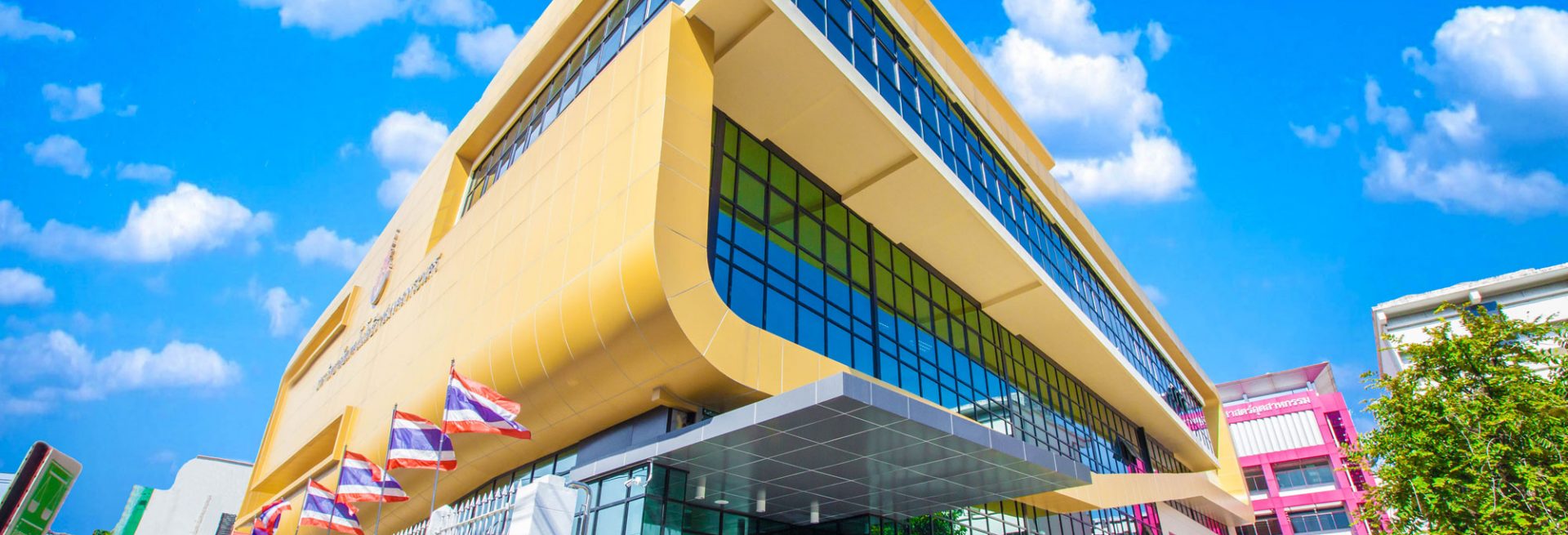In Thailand, bananas can be utilized for a multitude of uses: leaves used for handicrafts and food packaging, fruits processed into flour and banana trees becoming animal feeds. However, after harvesting the crops, banana trees are usually left decayed causing fungus, a hazard of soil fertility. To avoid the problem, banana trees are experimented for its quality of fiber in order to reduce the costs of fiber production from importing the fiber.
Vice-President for Planning and Quality Development, Assoc. Prof. Bussara Soiraya and a research team from the Faculty of Engineering have successfully developed a machine that makes mass production of banana fiber possible. The banana fiber separator is capable of producing 140 kilograms per hour. To achieve this, banana trees that have grown for 8-10 months are cut into 60 centimeters pieces. The 5-6 sheaves of the pieces are peeled and its edges are cut one inch. The material is fed into the machine and when the process is finish, they are brushed off and laid out to sundry.

